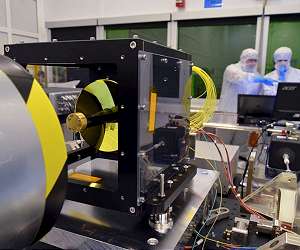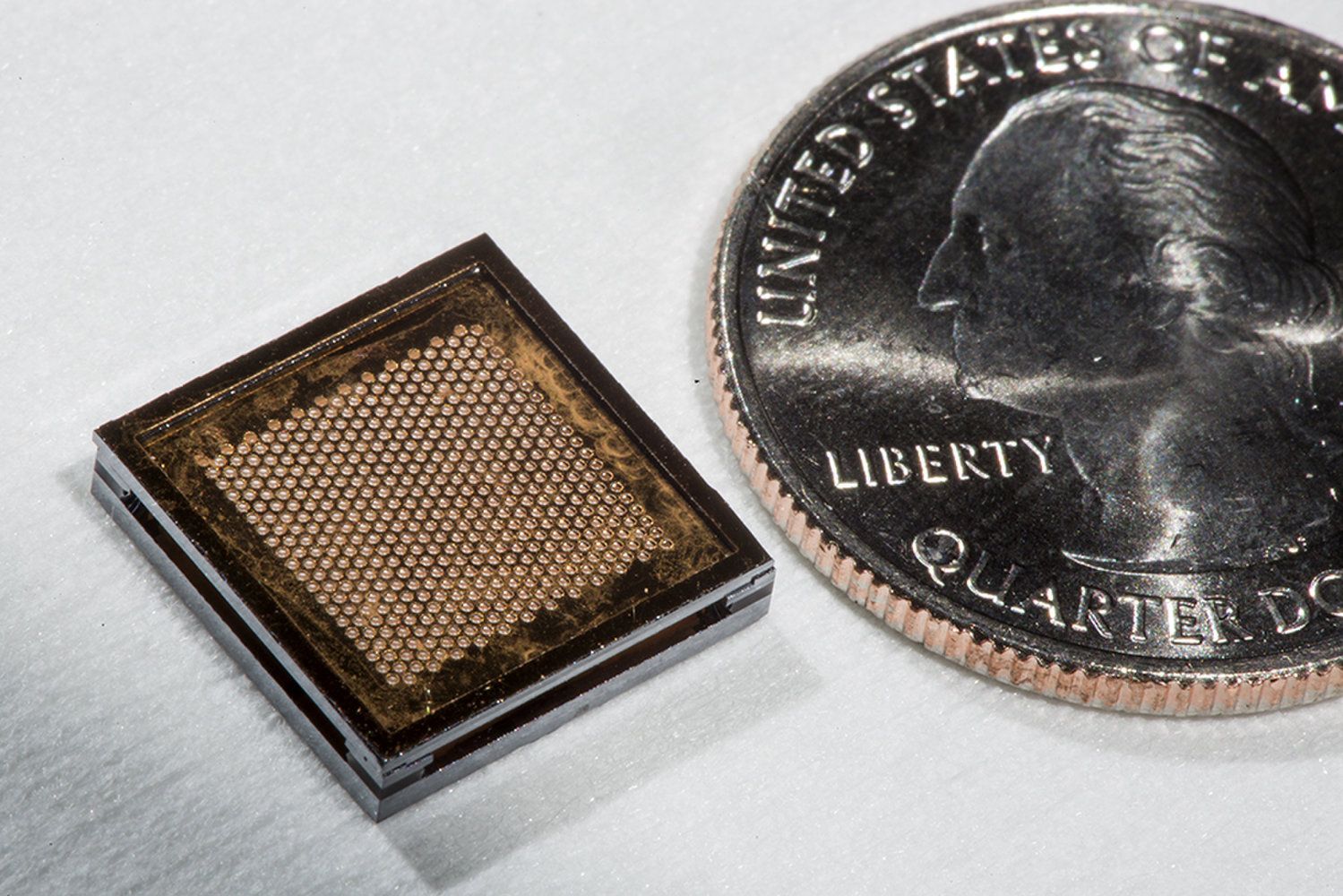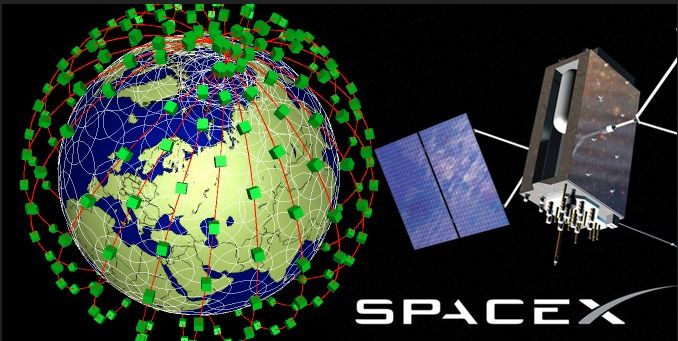Mar 29, 2017
Cycon: Taking place in Tallinn from May 30th to June 2nd 2017 2017 will cover issues ranging from international cooperation and conflict in cyberspace to technical challenges and requirements
Posted by Roman Mednitzer in categories: cybercrime/malcode, government, internet, law, military
Legal frameworks, regulations and standards under the topic Defending the Core.
2017 will focus on the fundamental aspects of cyber security with a theme of Defending the Core. The 9th International Conference on Cyber Conflict will be held in Tallinn from May 30 through June 2, 2017.
CyCon is organised by the NATO Cooperative Cyber Defence Centre of Excellence. Every year, over 500 decision-makers and experts from government, military and industry from all over the world approach the conference’s key theme from legal, technology and strategy perspectives, often in an interdisciplinary manner.

















